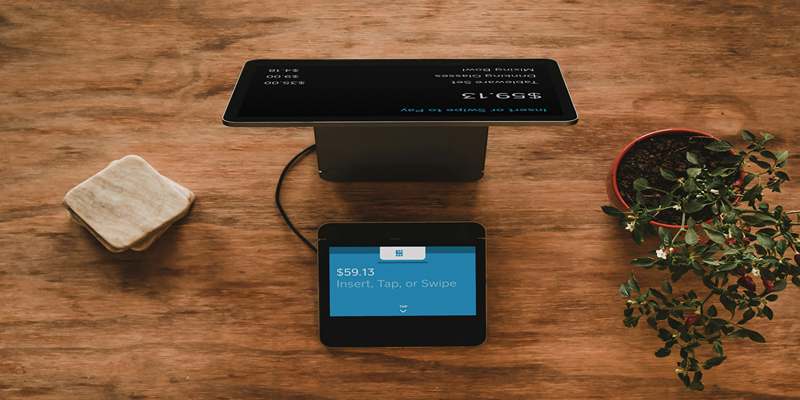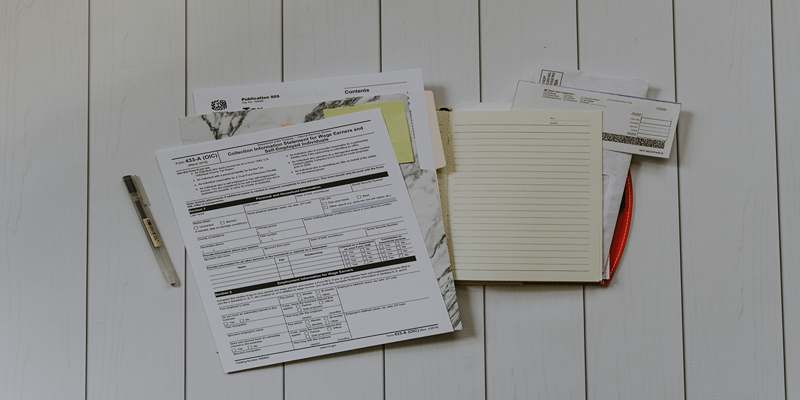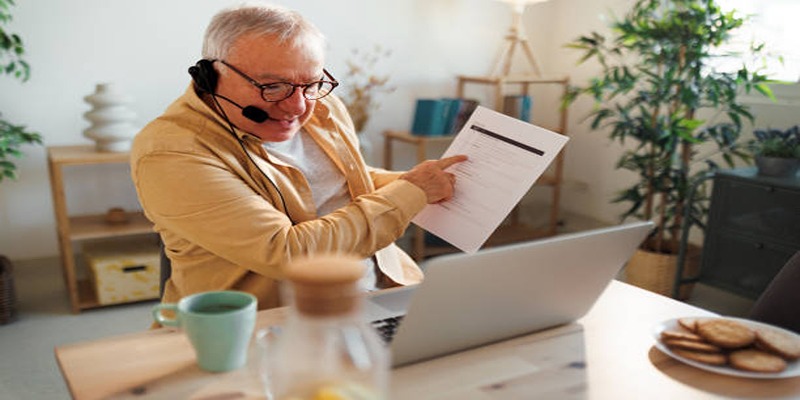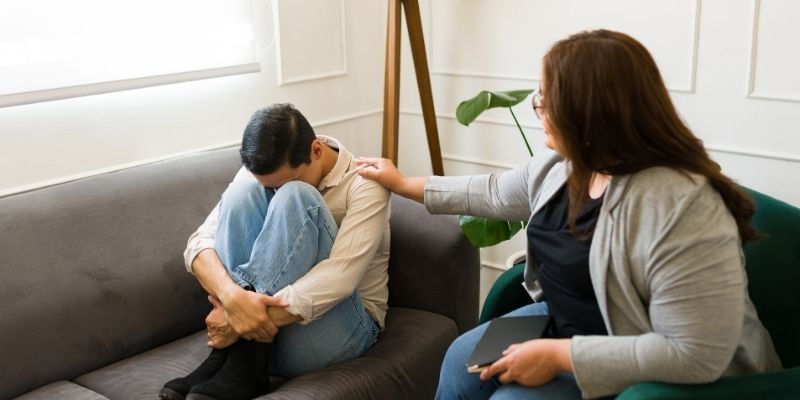What Are the Key Indicators of Guilt in Behavior?
Advertisement
What Does Guilt Mean?

Guilt is the feeling we get when we think we've violated a moral or ethical standard. It's usually connected to a wish to make things better. Guilt can drive us to grow as individuals, but if we don't deal with it in the right way, it can turn into emotional pain and even isolation. Lets explore its various signs and impacts to understand guilt better.
Feelings That Indicate Guilt
Emotions are usually the first and most noticeable sign of guilt. When a person feels guilty, they might go through these feelings:
Discomfort: A guilty person often struggles to feel at ease. They may appear distracted, restless, or have difficulty concentrating.
Anxiety: Guilt can trigger anxious thoughts or actions, leaving a person feeling uncomfortable or always on edge.
Feeling remorse: It means you often find yourself apologizing or showing regret, indicating a deep guilt. A person who feels guilty may try very hard to apologize, usually going overboard with their apologies.
Mood Swings: Guilt can cause sudden mood changes, making you feel sad, irritable, or frustrated in a short amount of time.
These emotional responses show how someone grapples with guilt, often in ways that feel beyond their control.
Body Language and Guilt
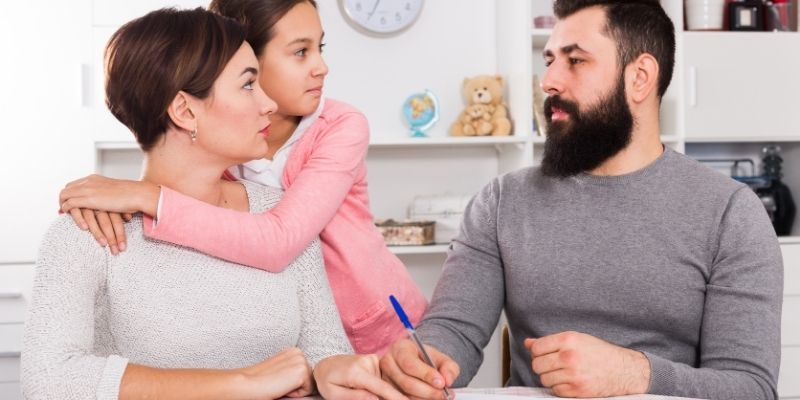
Your body language represents you as much as you express yourself with words. Guilt is also shown through body language. Guilt often shows itself through body language, giving insight into a person's feelings. These body language signals could be because of guilt:
- Avoiding eye contact: It is a strong indicator of guilt, as people often struggle to look someone in the eye when they feel guilty. The person might look down, turn their head, or glance away.
- Distraction and discomfort: It includes nervous habits such as tapping fingers, playing with objects, or shifting weight, often showing discomfort and embarrassment.
- Closed Posture: When someone leans away, crosses their arms, or hunches their shoulders, it often shows they want to pull back and avoid conflict.
- Facial Expressions: Small signs such as red cheeks, tight lips, or a strained smile can reveal feelings of guilt.
- Passive-Aggressive Microexpressions: Quick facial movements, such as a brief frown or grimace, can show hidden guilt or discomfort.
Noticing these little but significant gestures can help you spot guilt, even if someone is trying to conceal it.
The Impact of Guilt on Communication
When people feel guilty, their way of communicating changes too. Here are some patterns you might notice in how they speak:
Unnecessary Justifications: A person who feels guilty tends to overexplain or justify their actions, even if no one prompts them to do so.
Defensiveness: They may blame others or get overly protective when asked questions.
Frequent Apologies: Although sincere apologies can happen, someone who constantly says sorry exaggeratedly may express guilt.
Hesitation: Hesitation or stammering can indicate difficulty in finding the right words, along with long pauses or stuttering, which may suggest internal conflict or a lack of honesty.
Paying close attention to these verbal cues can help you know how someone is feeling.
Behavioral Changes:
Guilt isnt just something we think about; it often influences our behavior. Here are a few typical behaviors people exhibit when they feel guilty:
Avoidance:
A person who feels guilty may steer clear of certain individuals, locations, or subjects that bring to mind their mistakes. They avoid anything that reminds them of their mistakes.
Goodwill:
Sometimes, feeling guilty can lead people to be extra nice, helpful, or generous. They may put in a lot of effort to "make up for" their mistakes by showing extra kindness or goodwill.
Social Withdrawal:
Guilt can lead individuals to withdraw from social activities to avoid conflict or uneasy emotions.
Self-Destructive Actions:
For some people, feeling guilty can result in unhealthy habits like overeating, or drinking too much, or some people find other ways.
How can Guilt Affect your Mental and Physical Health?
Guilt isn't a short-term emotion. If it's not dealt with on time, it can have a significant impact on one's health by causing health conditions, such as:
Depression: Holding onto guilt for a long time can result in feelings of sadness, and tiredness, and can make you feel inferior.
Anxiety Disorders: Many people suffer from anxiety issues, and guilt can make them more intense.
Low Self-Esteem: It is easy to feel low about yourself if you are dealing with guilt.
It's essential to deal with guilt instead of allowing it to grow and worsen.
Managing and Overcoming Guilt
Guilt is a normal feeling, but it's crucial not to allow it to control your life. Here are a few steps to help you manage and overcome feelings of guilt:
Recognize the Feeling:
The first step is to notice that you're feeling guilty and accept it as a natural part of being human.
Apologize and repair relationships:
Own up to what you've done and, if you can, say sorry or make things right. Tackling the problem directly can ease feelings of guilt and repair connections.
Learn to forgive yourself:
Show yourself some kindness. Recognize your errors, but remember that perfection is unattainable for anyone. Forgiving yourself is essential for making progress.
Reach out for help:
Get help from your loved ones, friends, or family that you trust. Talk to them about how you're feeling.
See your guilt as a chance to grow and improve yourself. Think about what changes you can make to prevent similar situations from happening again.
Conclusion:
Guilt is a feeling that can hit anyone, anytime, but it depends on you if you let it motivate you or if it holds you back, stopping you from growing and learning from your mistakes. if you see the signs of guilt in yourself or your loved ones, try to talk about them, seek help, and deal with it immediately to avoid any consequences. Timely dealing with your guilt can help improve your mental health, while strengthening your relationships, it allows you to grow. don't let your guilt overcome your growth, instead turn it into an opportunity for healing, growth, and progress.
On this page
What Does Guilt Mean? Feelings That Indicate Guilt Body Language and Guilt The Impact of Guilt on Communication Behavioral Changes: Avoidance: Goodwill: Social Withdrawal: Self-Destructive Actions: How can Guilt Affect your Mental and Physical Health? Managing and Overcoming Guilt Recognize the Feeling: Apologize and repair relationships: Learn to forgive yourself: Reach out for help: Conclusion:Advertisement

